先月、勤め先の高齢者福祉施設で利用者様の95歳のお婆さまが旅立たれました。
折り紙が大好きな方で、祝い鶴を折って渡してあげると、とても喜んでおられました。
Last month, a 95-year-old elderly woman passed away at the senior citizen welfare facility where I work.
She loved origami, and was very happy when I folded and gave her a festive crane.
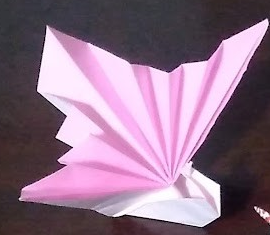
折り鶴に 舞(まい)と名付け 空見上げ
She named the folded paper cranes “Mai” and looked up at the sky
祝い鶴を手わたすと生命が宿っているようだと言われ、名前を付けて呼びかけるようになりました。
When I handed her a festive crane, she told me that the crane seemed to have life in it, and she began to call it by name.
語り継ぐ ミナトと舞の ものがたり
Telling the Story of Minato and Mai
一羽の祝い鶴だけでは寂しいということで、もう一羽を折って差し上げたところ、ミナトと名前を付けてくれました。
名前の由来を尋ねたところ二葉百合子が歌っていた「岸壁の母」のセリフから取った名前とのことでした。
「港の名前は舞鶴なのに何故飛んで来てはくれぬのじゃ・・・・・。」
As she felt that it was lonely with only one celebratory crane, I folded another and gave it to her, naming her Minato.
When I asked her about the origin of the name, she told me that it was taken from a line in the song “Gannpekino no Haha (Mother on the Cliff)” sung by Yuriko Futaba.
The name of the port (minato) is Maizuru, so why don’t you fly over to us? ・・・・・
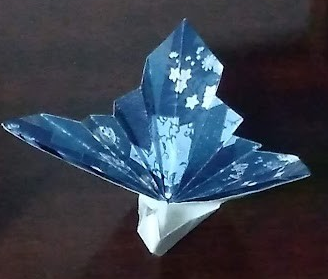
天国の 空へ羽ばたけ 祝い鶴
Wings to the skies of heaven, the festive crane
旅立ちの日は不自由な身体から解き放たれた、お祝いの日。
急にいなくなって寂しくなりましたが、大空を自由に羽ばたきながら、見守っていて下さい。
The day of her departure was a day of celebration as she was freed from her crippled body.
Your sudden absence has made me sad, but please watch over me as you flap your wings freely across the sky.
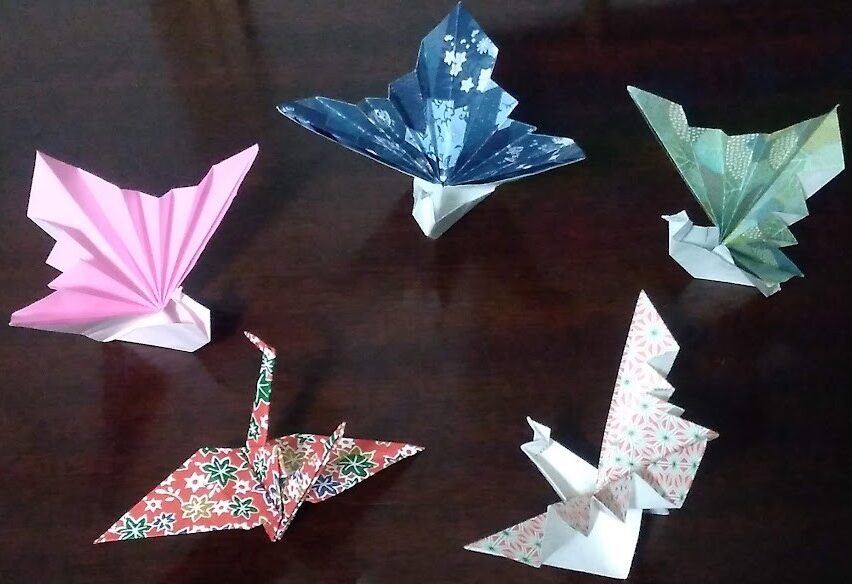
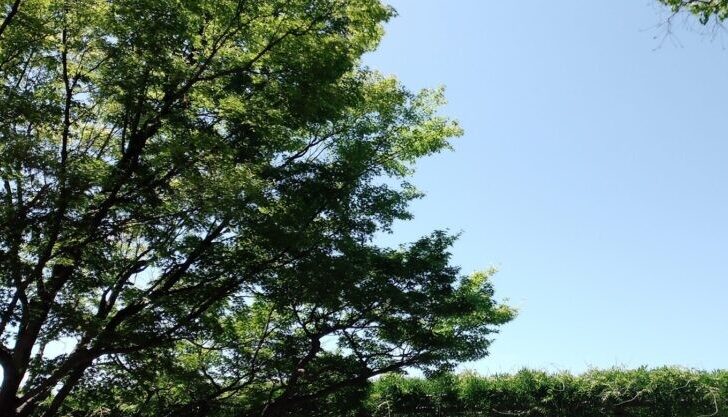
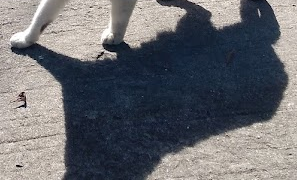


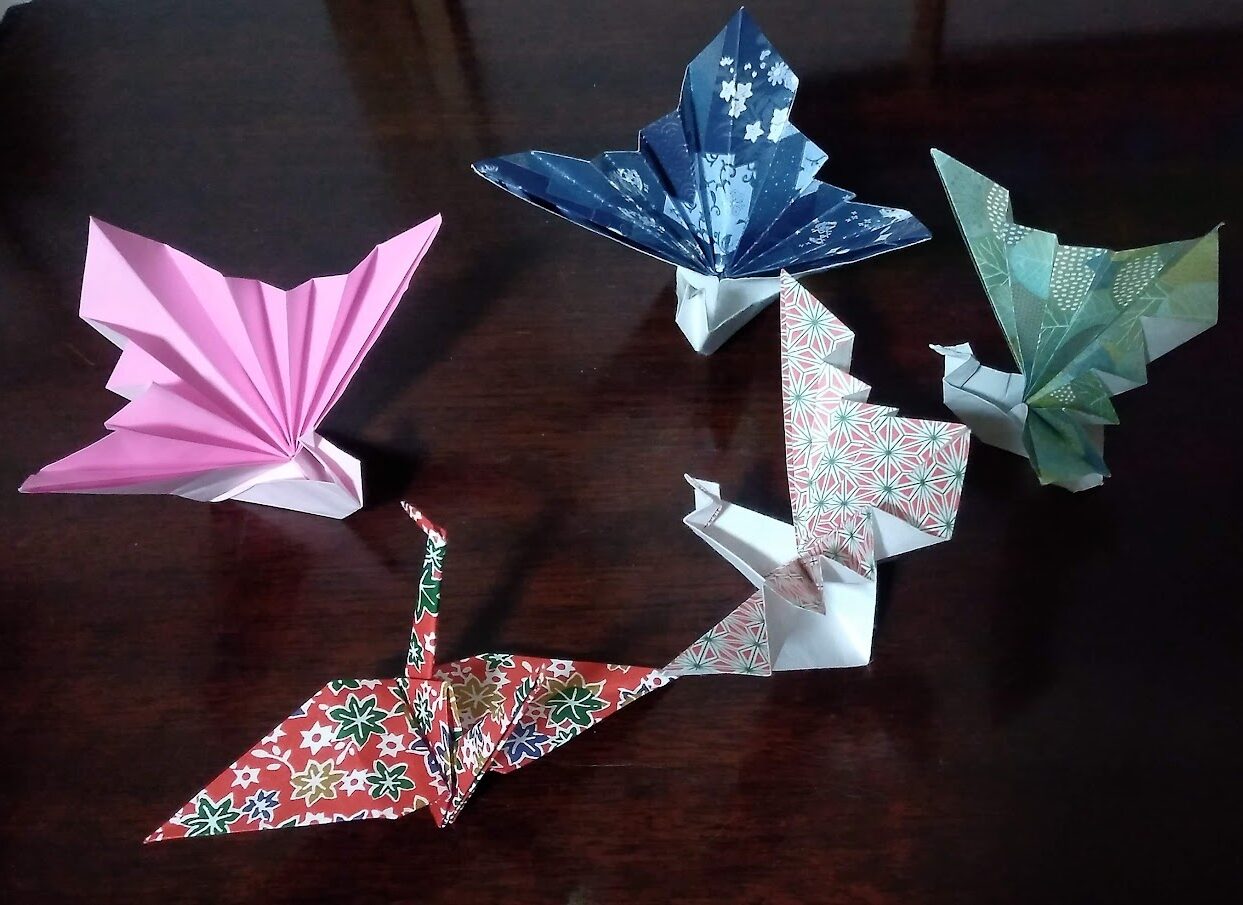


コメント